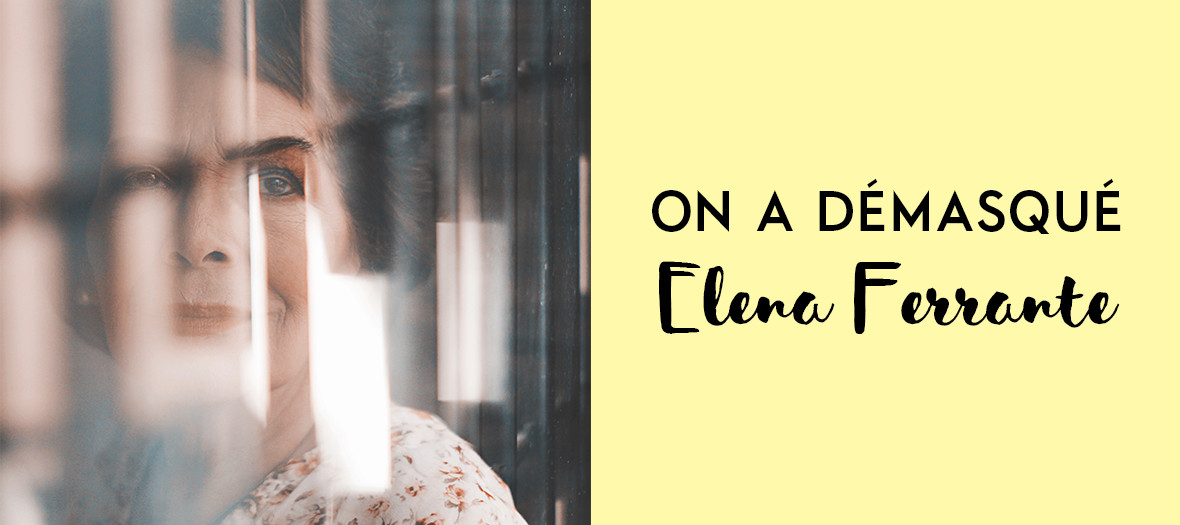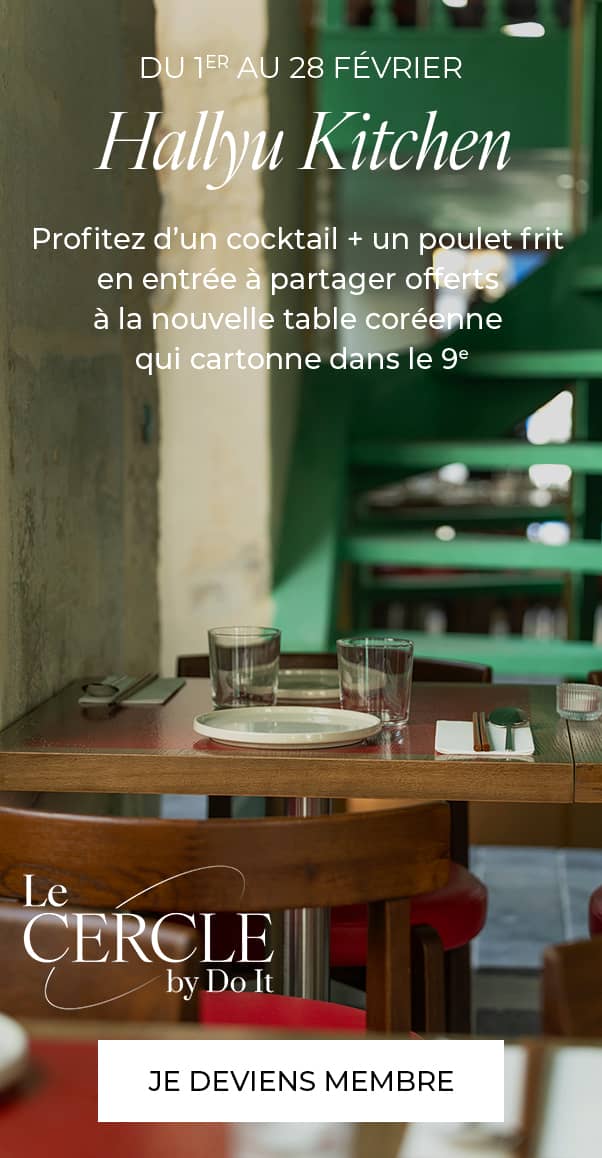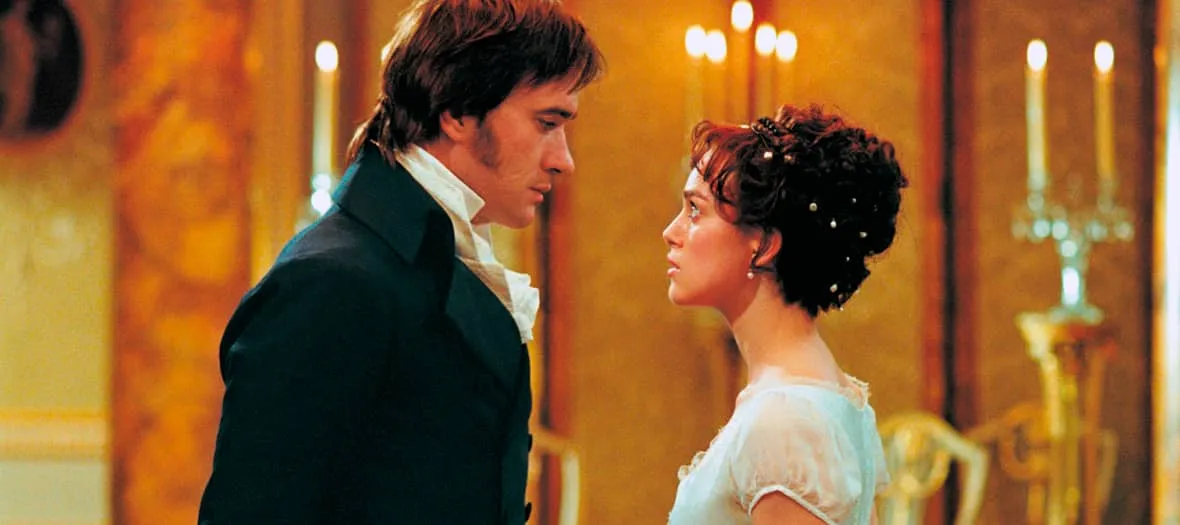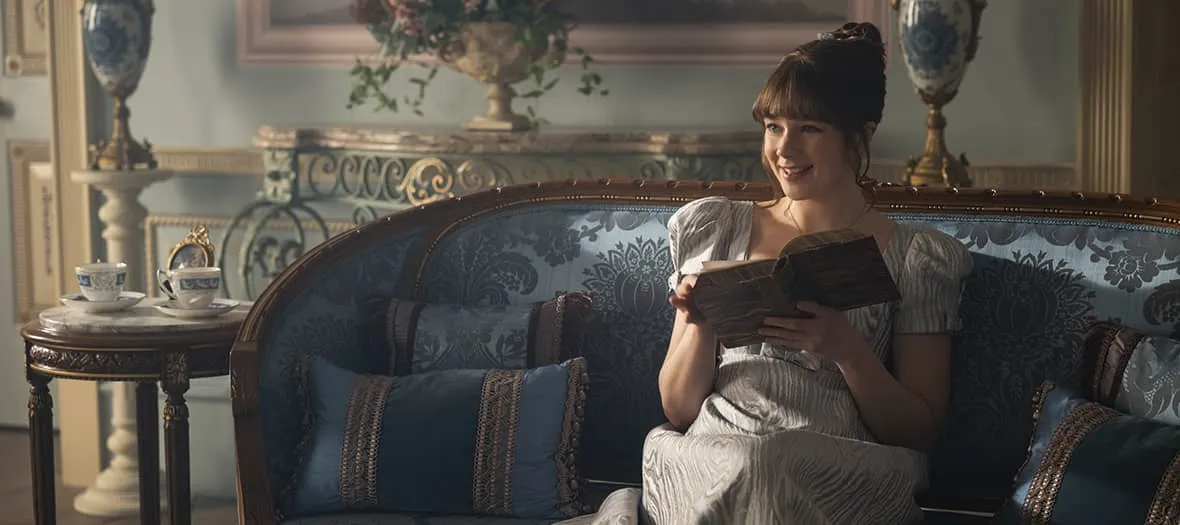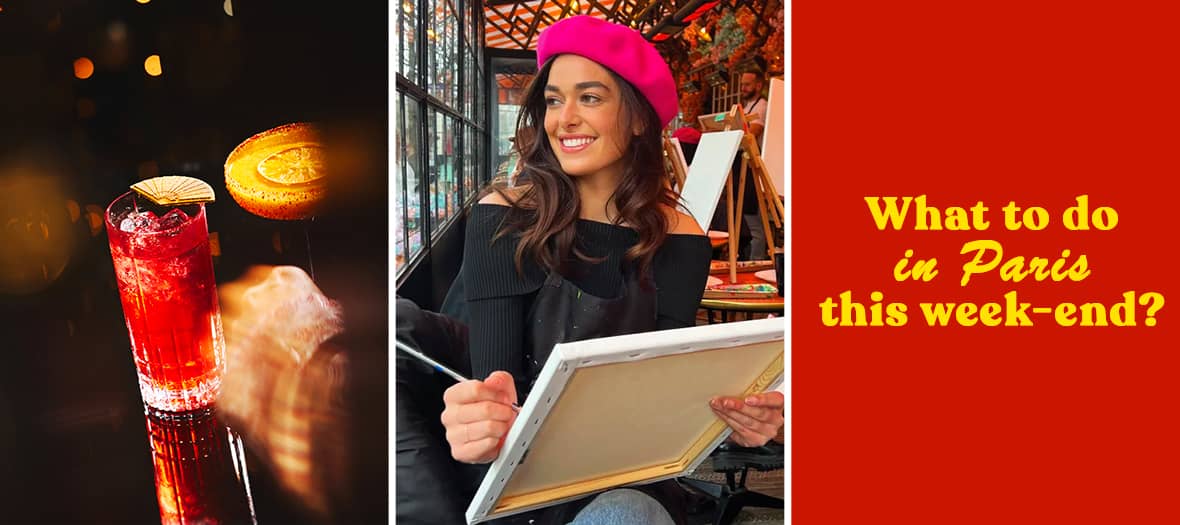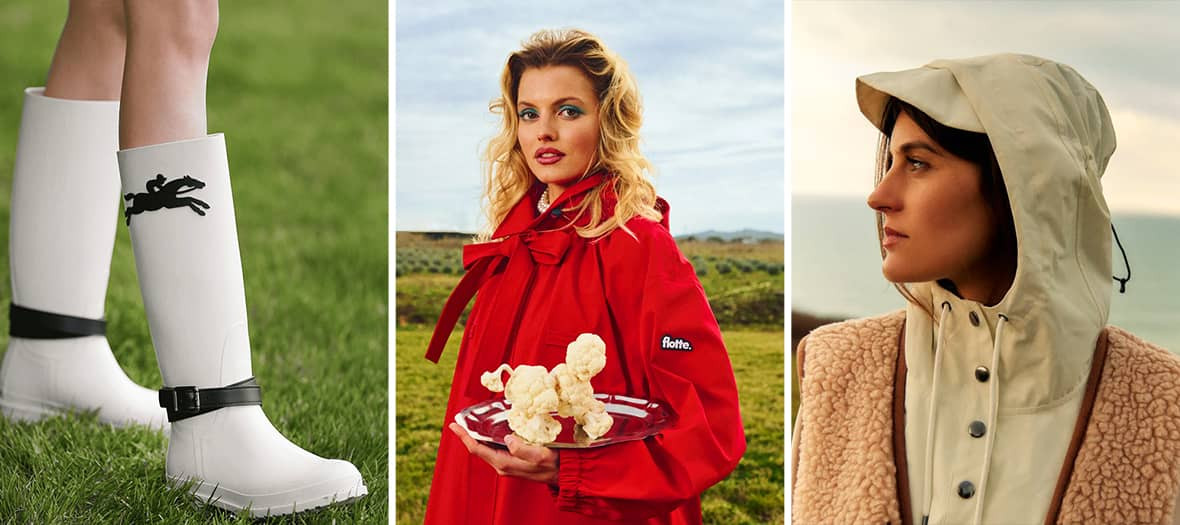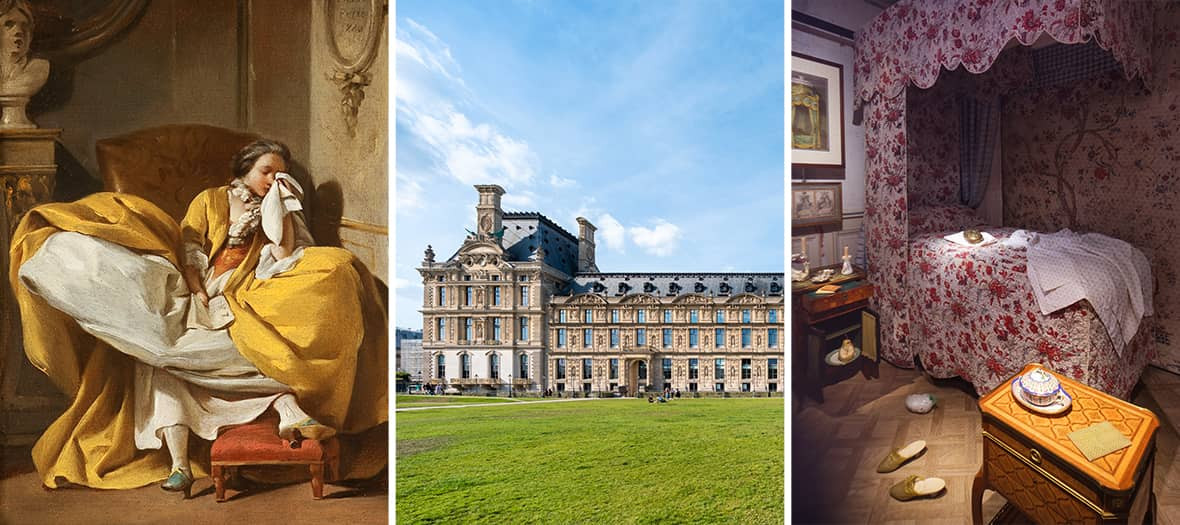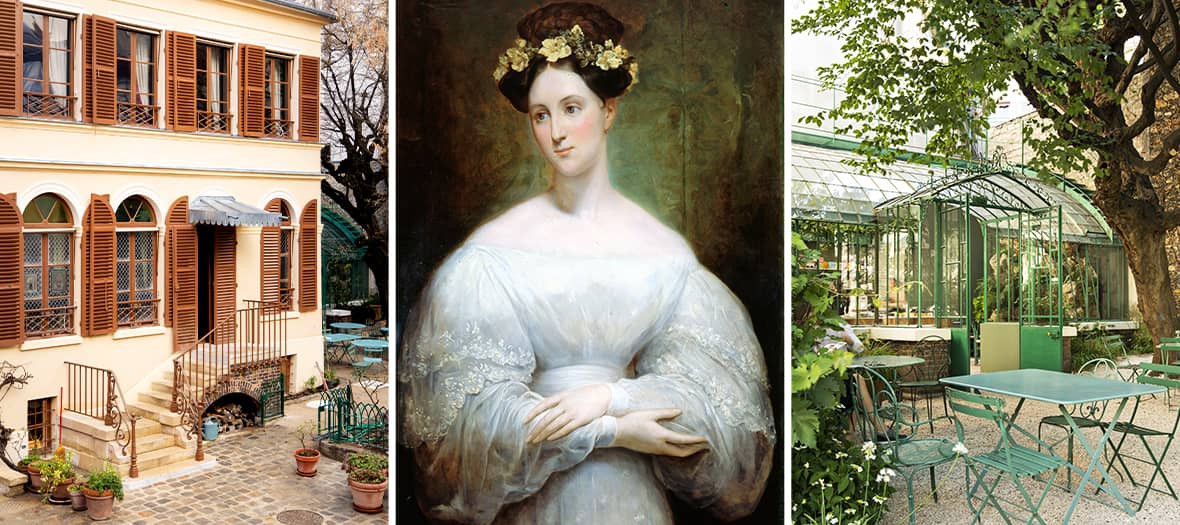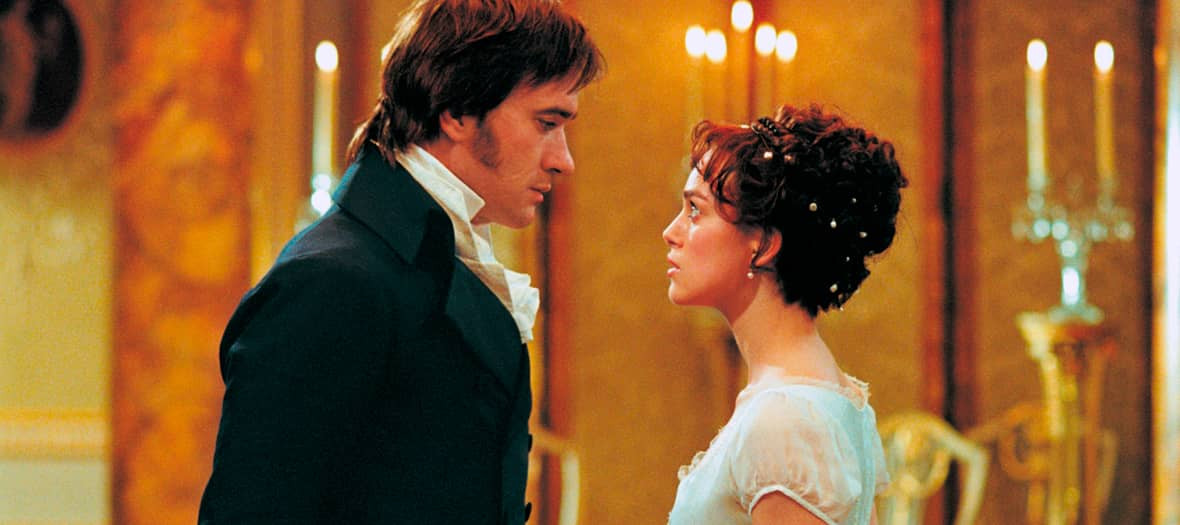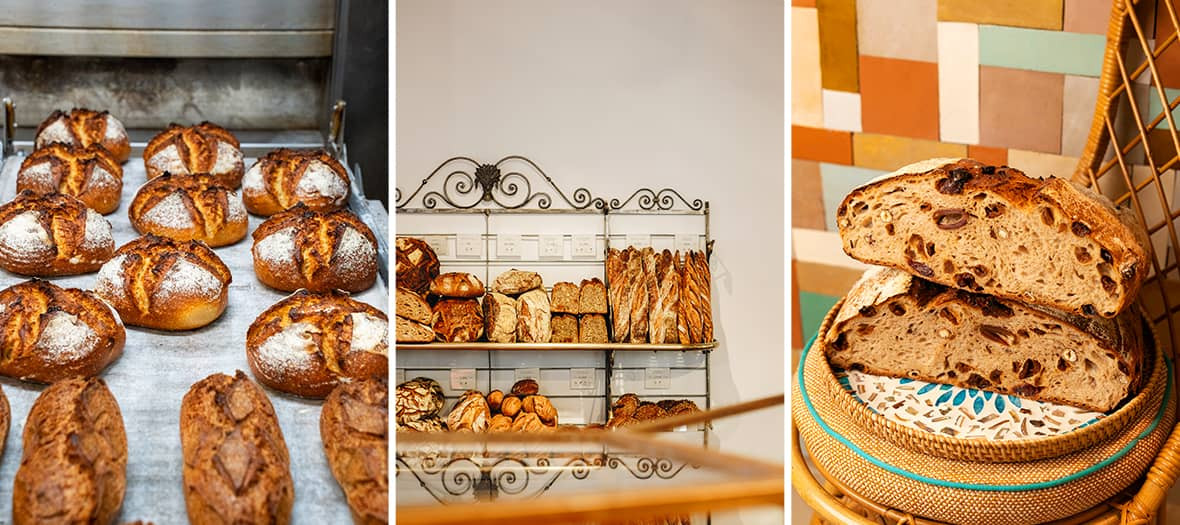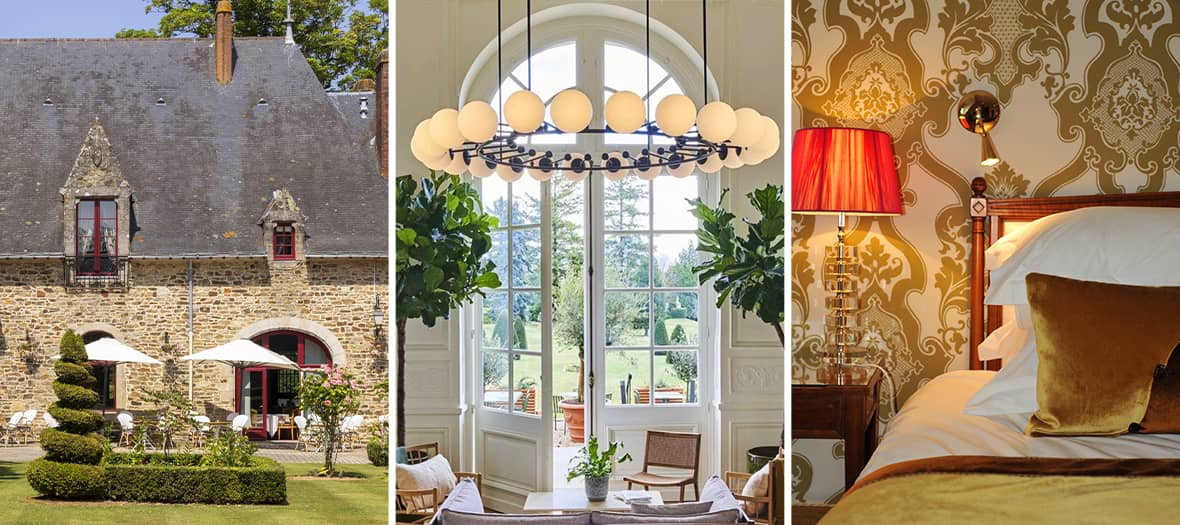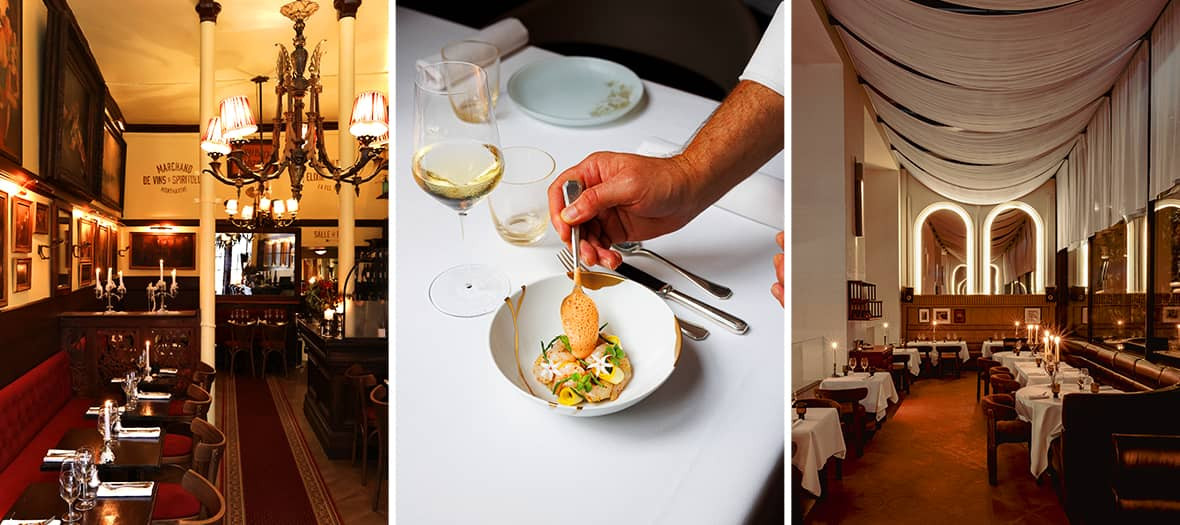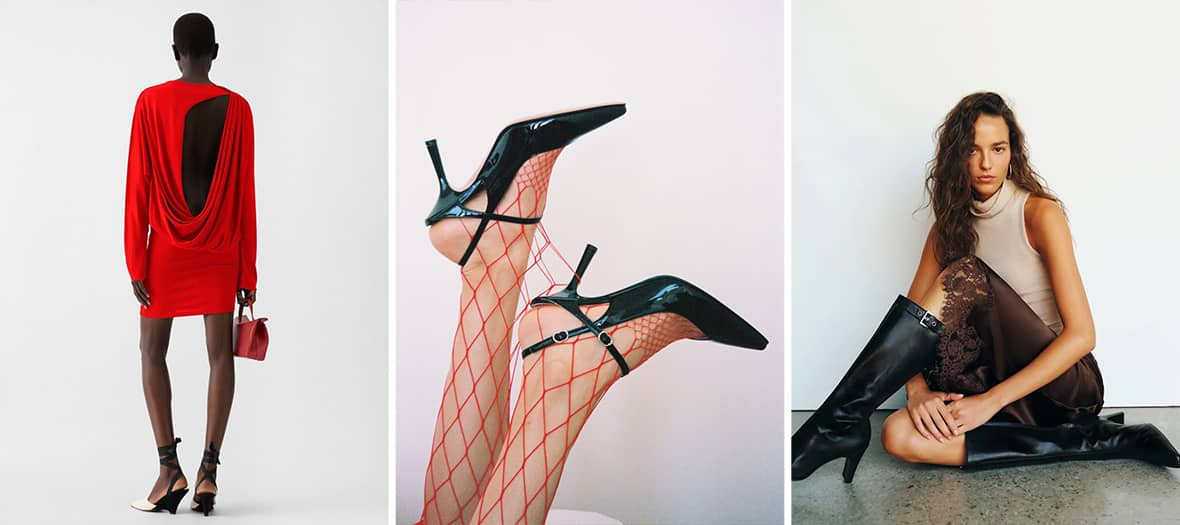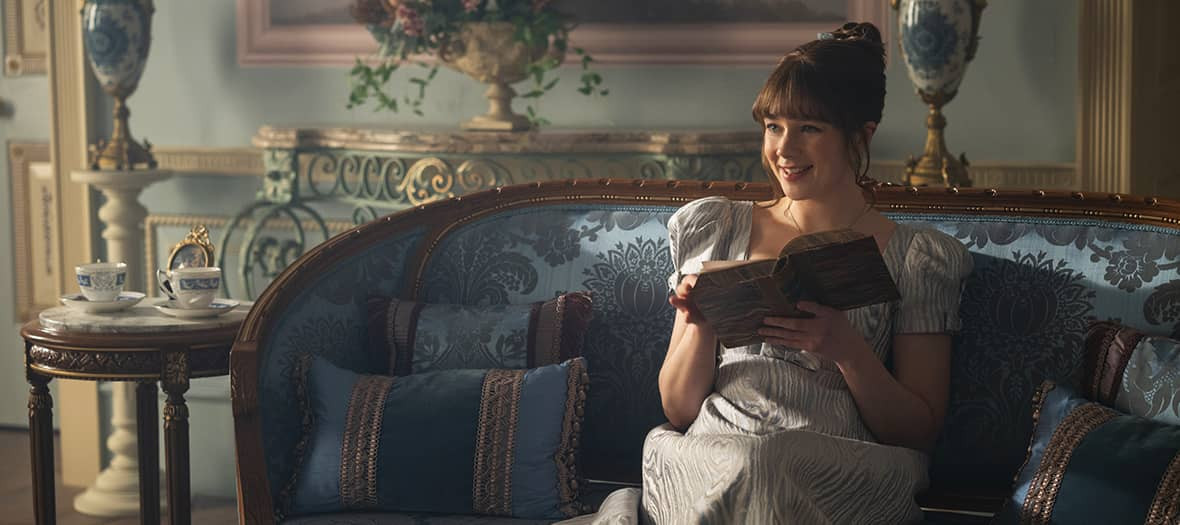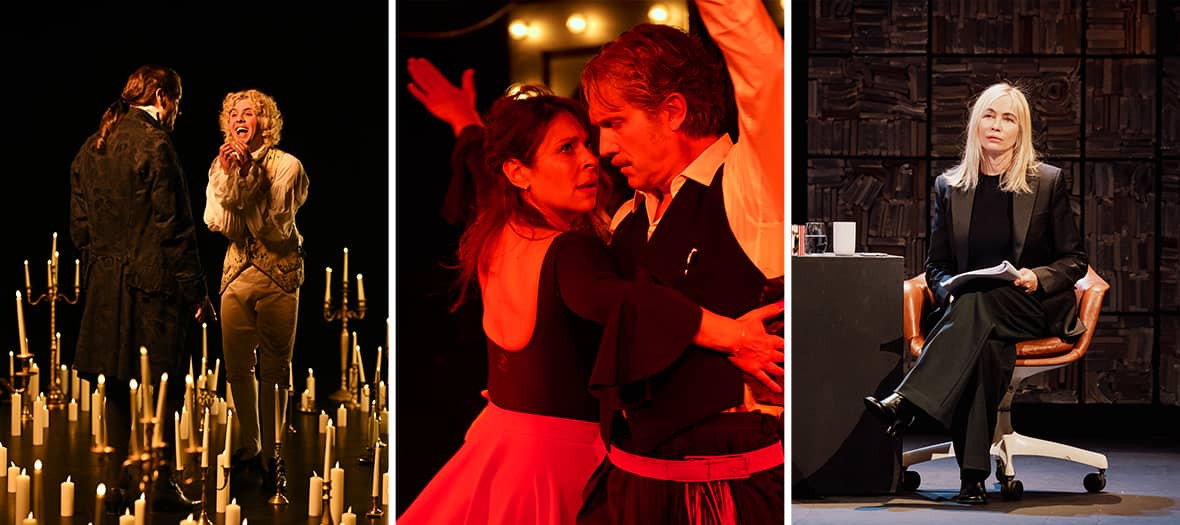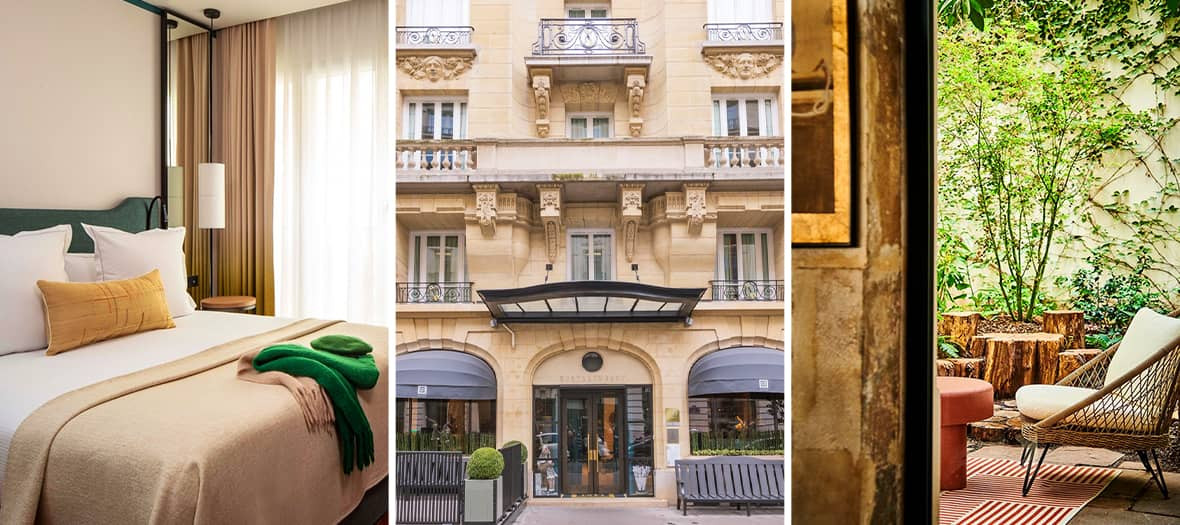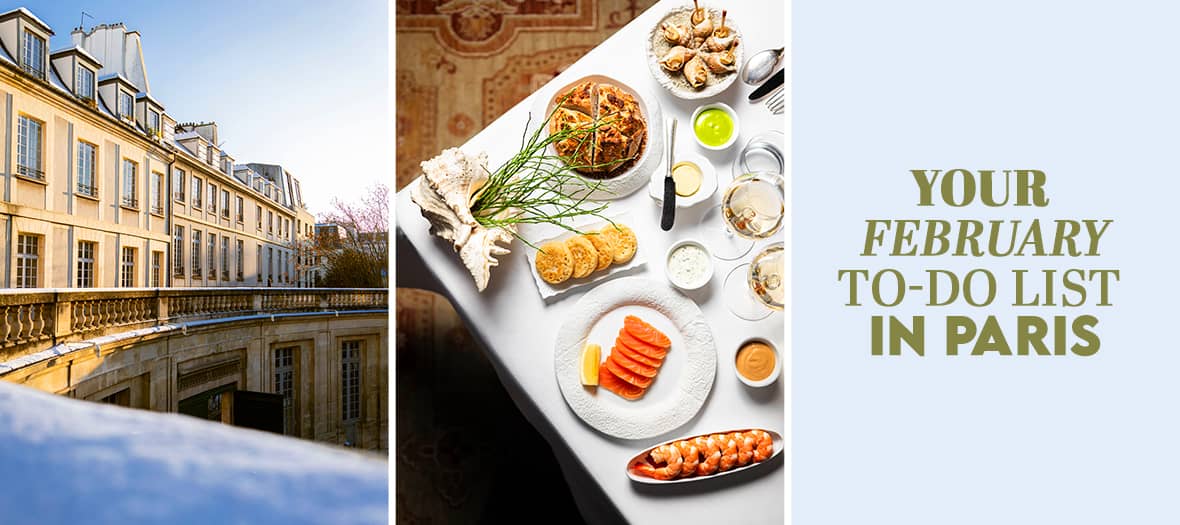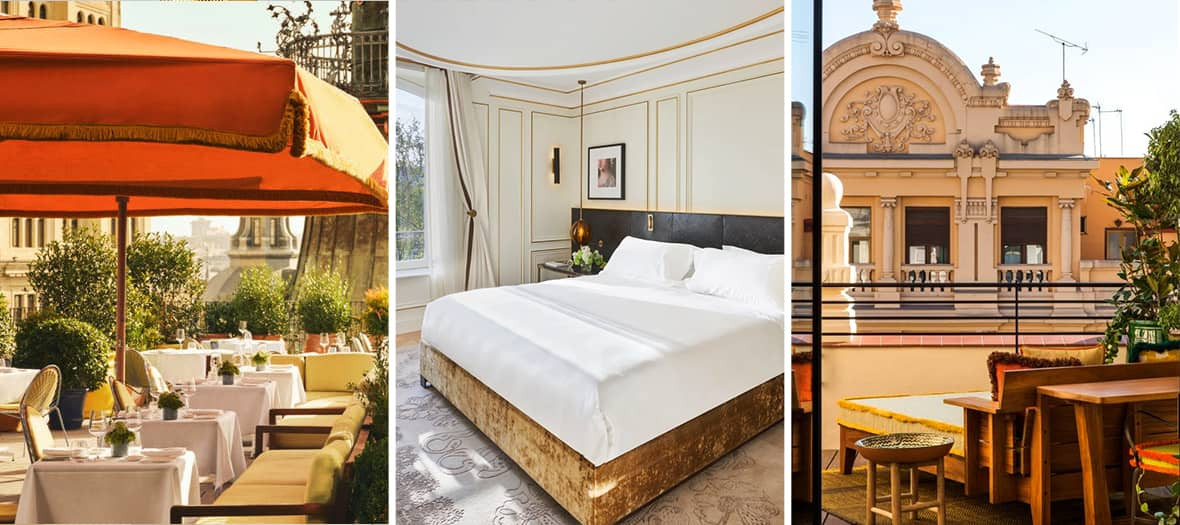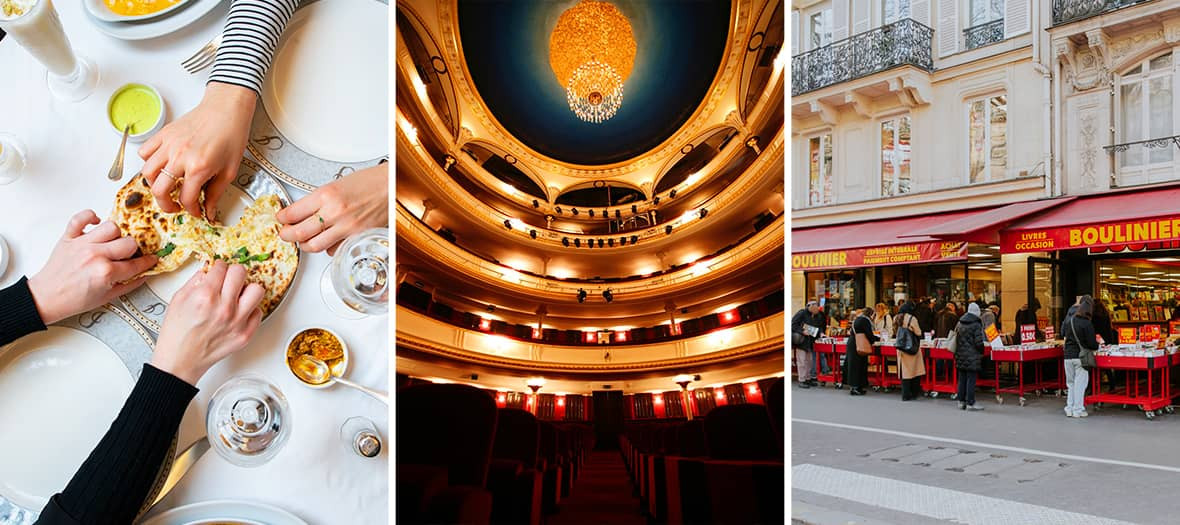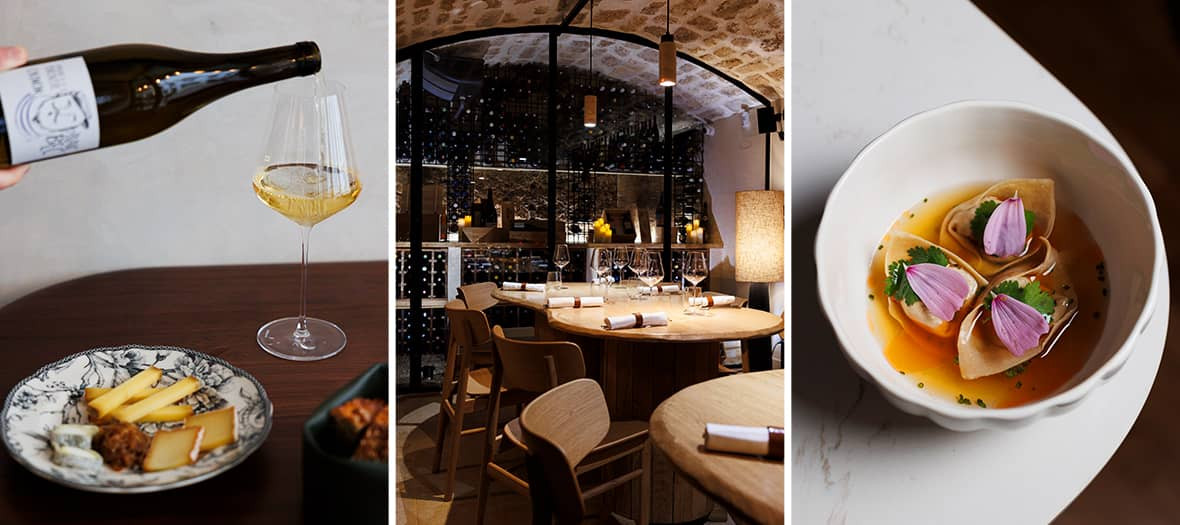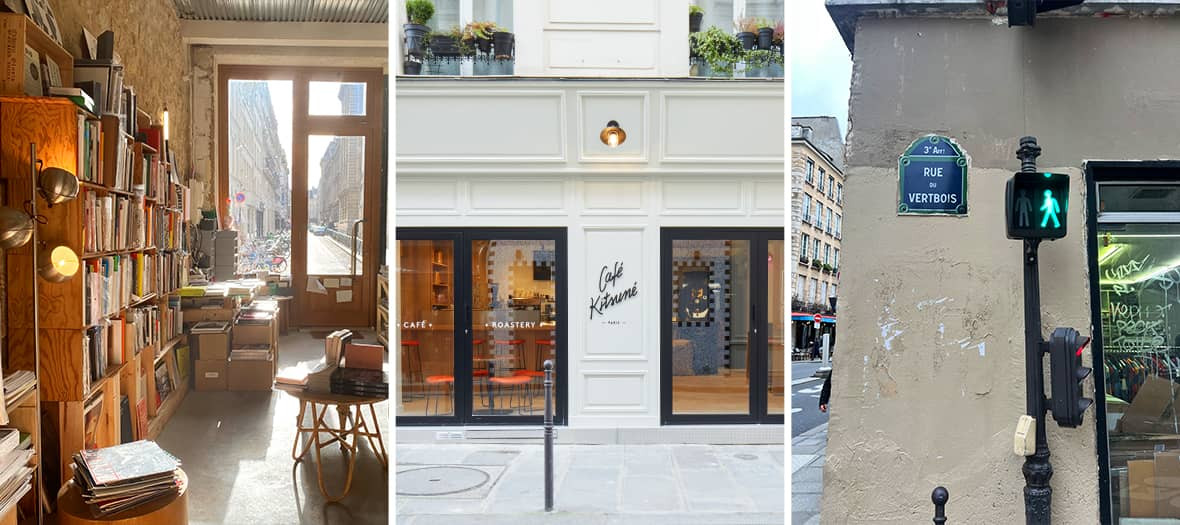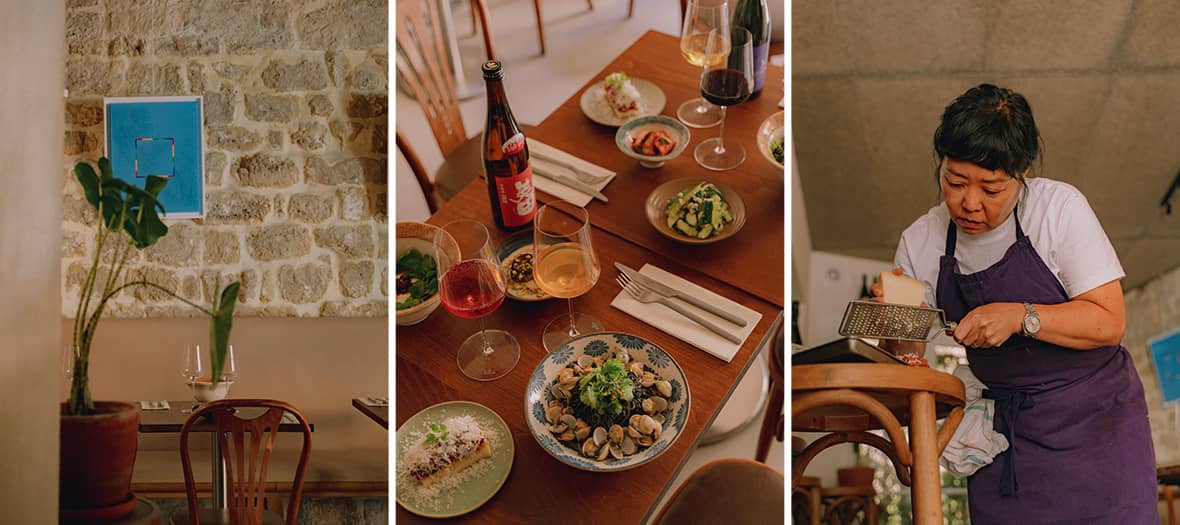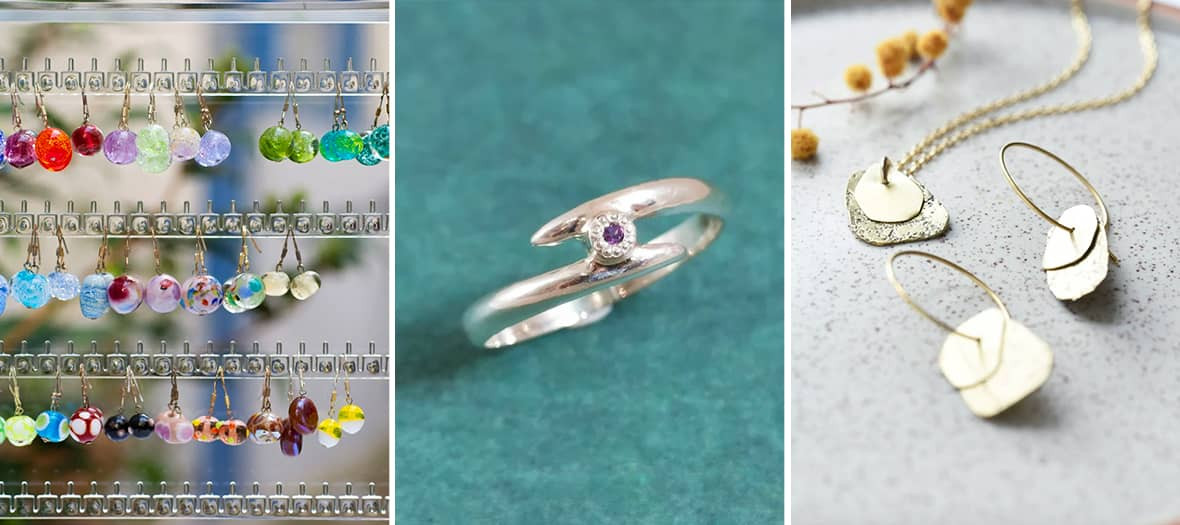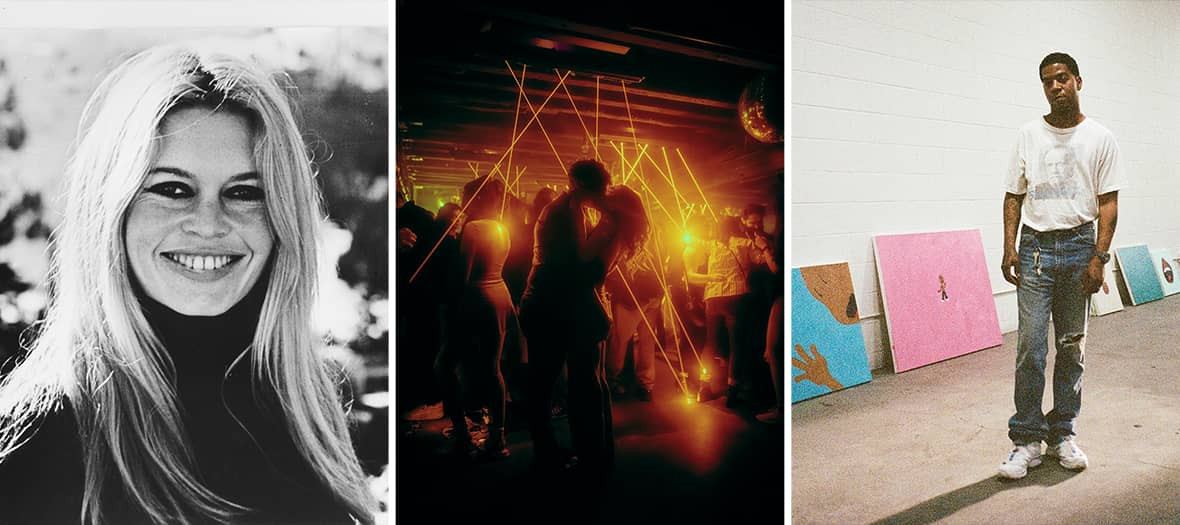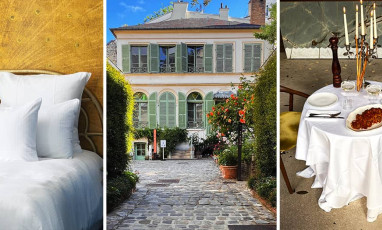No one knows who she is. And the Italian novelist of the best-selling tetralogy L'Amie prodigieuse got it right: we only talk about this anonymous person and the mystery that surrounds her. In Frantumaglia , an unpublished collection of letters and interviews, Elena Ferrante adds to her legend (or takes us once again by boat) by giving some clues about her personality. 5 things to know about this genius writer.
A faceless ... 76 year old woman
From her first publications in the 90s, the shy novelist claimed that she would never make a public appearance. She thus promised her editor not to give in to any form of promotion in 1991: “ I will be the cheapest author of the publishing house. You will be spared my very presence . Since then, no one has had the chance to see even the tip of his nose. But in Frantumaglia , for the first time, the novelist claims that she was born in Naples in 1943 from a mother seamstress speaking Neapolitan. Elena Ferrante would therefore have many points in common with Elena and Lila , the characters of her tetralogy The Prodigious Friend , who grew up in the poor suburbs of Naples ...
A great reader
Before being a great author, Elena Ferrante is above all a great reader. To prepare her speech for the Elsa Morante Prize which she received in 1992 (someone will read it in her place), Elena Ferrante drew on her memories of readings and affirms that Tolstoy , Dostoyevsky , Flaubert , Victor Hugo were her models during all her youth, unlike Madame de Lafayette or the Brontë sisters, whose writing she did not like.
A feminist at heart
Preferring writers to female writers, it was only at the age of thirty that Elena Ferrante looked at the great female figures (and most often feminists) of literature such as Jane Austen or Virginia Woolf who would shape her writing. She then became aware of the importance of the feminist struggles of the time and affirms today: “ I would not know how to recognize myself without the struggles of women and the literature of women (...): it is thanks to them that I became an adult. "Better, it pushes all women to never give up on" extreme freedom "according to her, a novelist (and this applies in all areas) should not have the ambition to be the best among the writers , but to be the best period, regardless of gender.
A fan of the female press
Rather than hide from it, Elena Ferrante is proud of it: beyond the beautiful literature to which she pays homage throughout her work, the humble and determined author sings the praises of the women's press and her anecdotes light which inspired her for her own novels: "The more the years go by, the less I am ashamed to have been passionate about the stories of the women's newspapers which once circulated in my home (...) This basement of the writing (...) also seems to me to be exploited, because it is not only among the classics, but also there that my desire to tell has grown. "
Anonymity necessary for his writing
The novelist reveals that in her early days, she would have preferred not to be published rather than show her face. This choice of anonymity, already experienced by writers Julien Gracq or Thomas Pynchon , conditions, for Elena Ferrante , absolute creative freedom: “ I had the impression of having freed the words of my person . It is also this hidden identity supposed to protect her which allows her, paradoxically, to gain presence in her texts: " The writer who does not exist outside the text offers himself inside the text, consciously adds to the story, working to be more true than it could be in magazine photos . "
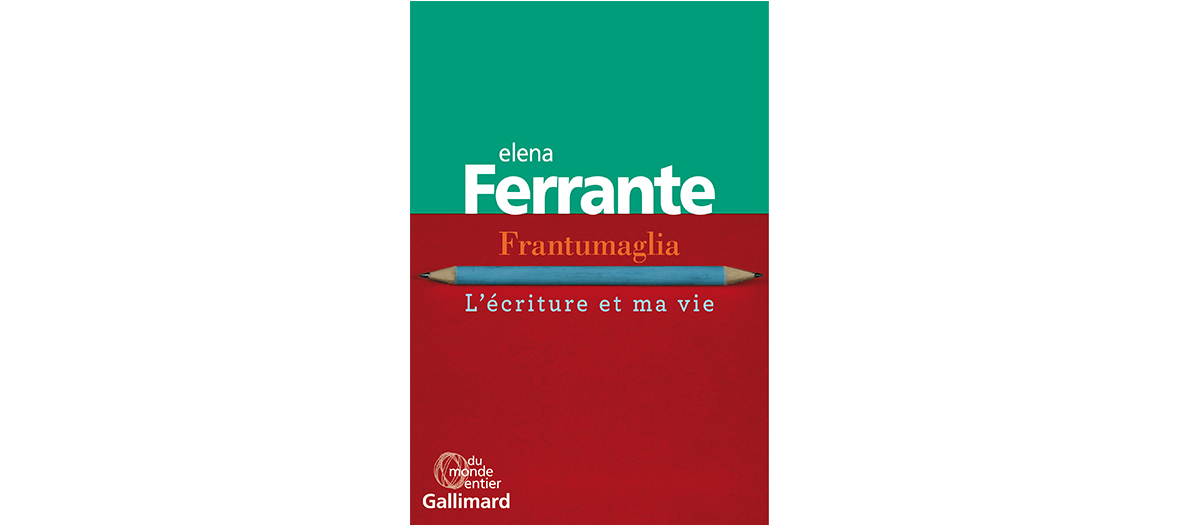
Frantumaglia , Elena Ferrante, Gallimard
Also discover: The plays everyone is talking about




